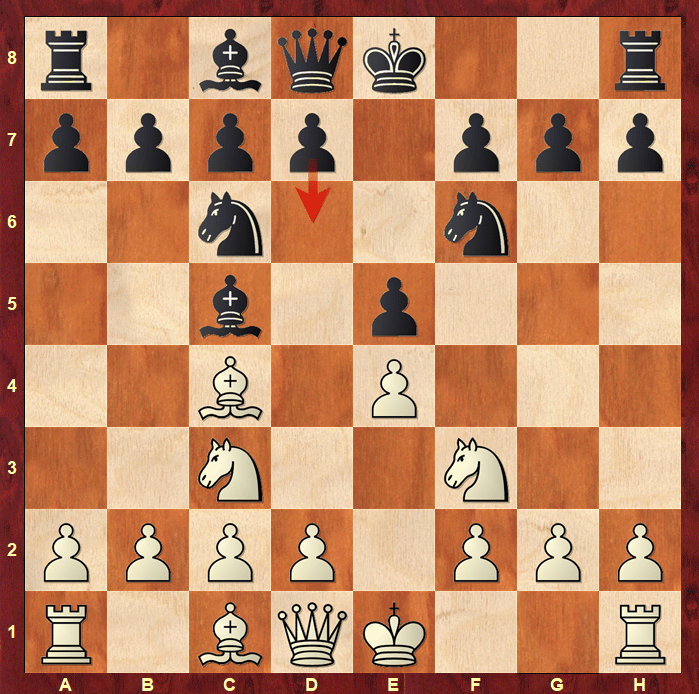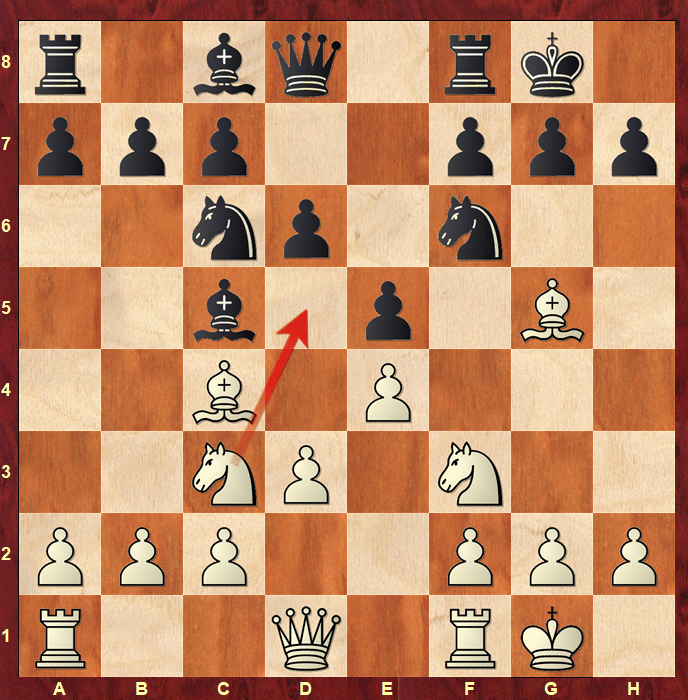
👋 Hi Chess Enthusiast
8 Basic Principles of Chess Openings
Development Mindset
At the beginning of your game, it is very important to bring as many pieces as possible outside, so that your pieces actively contribute by controlling many parts of the board.
.
As a chess player, you should be having the mindset to develop your piece, so that they occupy important squares on the board controlling many parts of the board which in turn gives you a pleasant position to play with.
.
Bring your minor pieces out before the major pieces
I can understand your confusion, let me explain what the minor and major pieces are in chess. Minor pieces are your Knights and Bishops, while major pieces are your Rooks and Queen.
.

.
So, bring your Knights and Bishops out in the openings before the Rooks and Knights. If you bring your major pieces out especially as a beginner, there is a high chance that you might lose them or might have to go back and forth with the major piece in the opening.
.
Develop your pieces towards the center of the board
Most of the activities on a chess board typically happen on the center of the board, Also, when your pieces are on the center of the board, they cover many squares on the board.
.
Now, imagine a knight, bishop, rook or a queen on the center of the board, you can clearly notice that they are controlling a large part of the board when they are in the center of the board.
.
Let me give you an example of an ideal way to develop your pieces at the start
.

Ideal way to develop your pieces
Here you can notice that pawns, knights, bishops, queen and rooks are in the center part of the board controlling a large part of the board.
.
Typically, it is difficult achieve this kind of position, as even your opponent plays to win. However, you should strive to achieve something like this from your openings
.
Don’t Move a Piece Twice before move No.10
The purpose of your opening should be to develop as many pieces as possible outside soon, if you use the same piece again and again. It would affect your other piece development.
.
So, don’t move the same piece twice in the first 10 moves unless it is really required.
.
Don’t bring your Queen out early
Your queen is your mostly valuable piece on the board, if you bring it out early, there is a high chance that your opponent will develop his pieces by attacking your queen regularly.
.
Get castled before Move 10
King safety is the most important aspect you should be aware of. As a beginner, it is important to castle before move number 10, if possible, even before move number 7.
.

.
It helps to safeguard your king and helps to connect the rooks which later can reach the center of the board
.
Connect the Rooks
Once you have developed your minor pieces, moved your queen out, got castled before move number 10, connect your rooks and bring it to the center of the board.
.
The moment you connect your rooks and bring it to the center of the board, the opening ends and the middle game starts
.
The Final and Most Important Rule
Instead of merely moving pieces, consider the purpose and destination of each move. For example, position your Knights to threaten pawns, angle your Bishops to pin Knights, and align your Rooks to control open files.
.
.
Puzzle of the day
.
Share your answers replying to this email
.

White to play and Mate in Two
Explore our curated Selection of free PDFs/E-Books to enhance your chess knowledge and skills
.
From strategy guides to masterclass tutorials, there’s something for every chess enthusiast.
Check out our recommended reads below:
Try out the puzzles in the below pdf (Ideal for people with more than 1-2 years of chess experience)
.
.
Download and try these interesting puzzles and share your answers writing to [email protected]
.
Sign up with Chess with Ramkar to receive regular updates on your email to learn, enhance and improve your chess skills
.
That concludes this edition of our newsletter. Keep practicing, keep learning, and keep pushing the boundaries of your chess skills.
.
Author,
Ramalingam Karthik


